Filter Media Types
- Activated carbon medium is used to remove taste, odor, organic contaminants, and chlorine as well as being used in many drinking water applications.
- Filter AG is non-hydrous silicon dioxide with many advantages for the reduction of suspended matter.
- Sand is the most common filter media. Generally, fine mesh sand is coupled with a course grain support bed to remove suspended solids and turbidity. Graded in various ranges, Pure Aqua sand can be used as filtration medium or underbedding depending on particle size and application.
- ProSand is based on a rare natural mineral. Its unique properties radically improve the performance and cost of media filtration.
- Gravel has a highly spherical shape that promotes good flow and even distribution in support beds.
- Anthracite is recommended as a filter medium where additional silica in the water is not desirable and can remove lighter weight turbidity. Anthracite is typically used in applications where silica pick-up is undesireable.
- Calcite media is specially graded calcium carbonate compound for neutralizing acid with consistent dissolving rates for water treatment.
- Manganese Greensand media is treated siliceous material for treating water containing iron, manganese and hydrogen sulfide through oxidation.
- Multimedia is required when maximum quality water is required and unwanted sediment is too small to be removed by standard media. It consists of multiple layers of increasing grain size to remove sediment as small as 10 microns.
Advantages of Multimedia Filtration
- Relatively inexpensive, no recurring cost of consumables
- Proven process and most tested forms of water treatment
- Systems are robust with no moving parts inside the tanks
- Modular control valves designed for operational flexibility
- Filtration media is inexpensive and long-lasting
- Easily cleaned and maintained
- Resistant to fouling (clogging)
Multimedia Filtration Operating Cycles
Service Cycle
Water flows downward through the media while solids accumulate in the media bed. The purified water passes through to downstream processes.
Backwash Cycle
When the filter begins to clog or when the head loss (pressure drop) through the bed increases, flow rates are reduced. To prevent degradation of water quality, the flow is reversed. This is directed by the control valve(s) to drain, carrying with it, the particulate matter that has built up during service. The required flow is specific to the media and is essential to proper cleaning of the media bed. For media filters, the backwash flow is always higher than the service flow rate.
| Standard Features: | Available Options: |
|
|

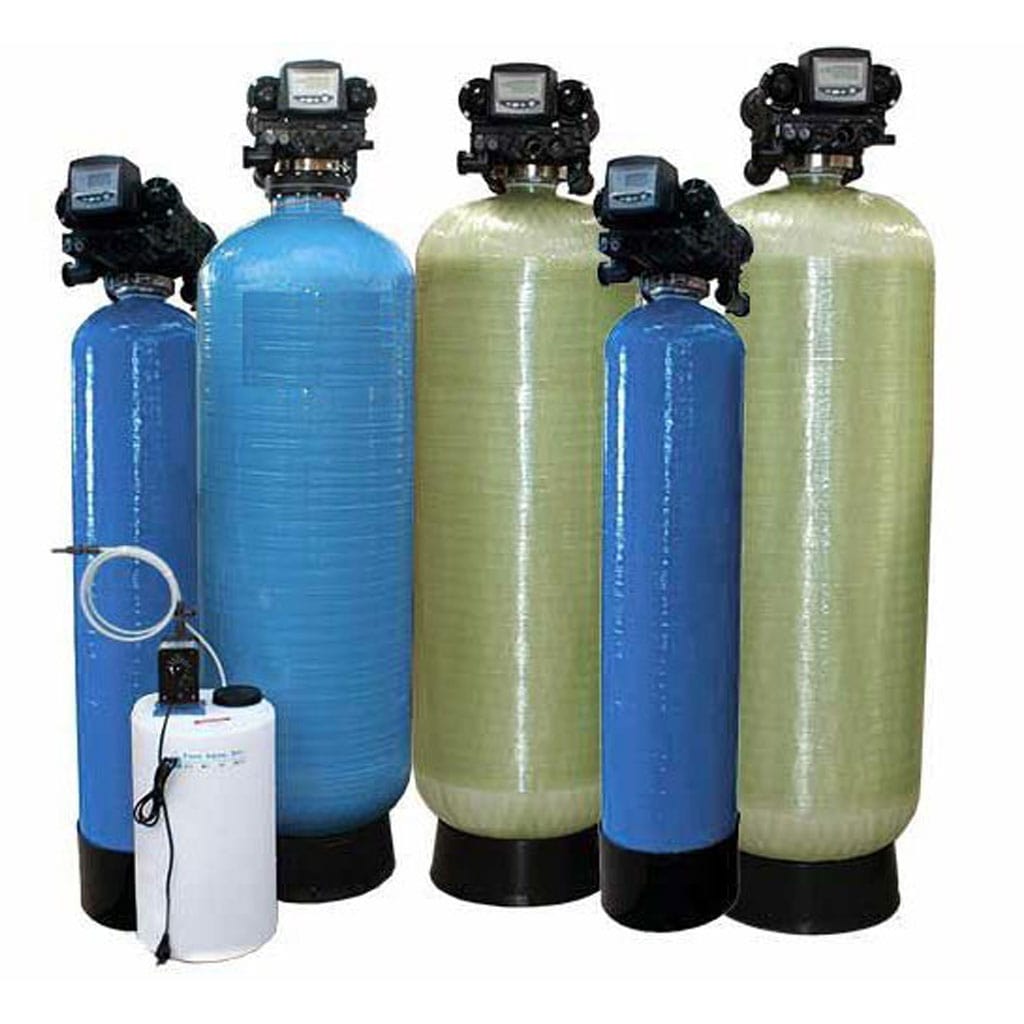
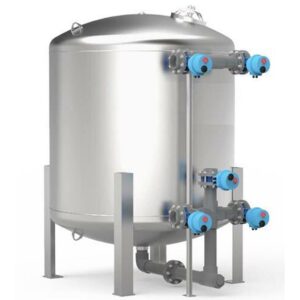

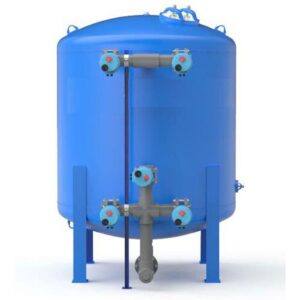
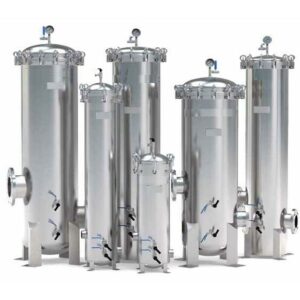
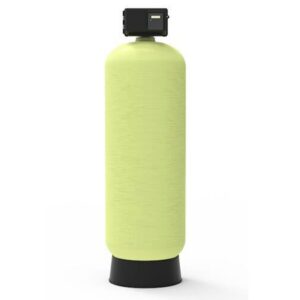
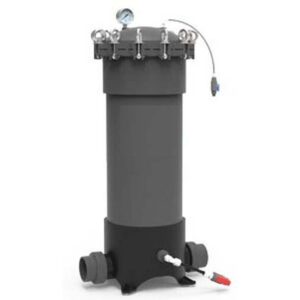
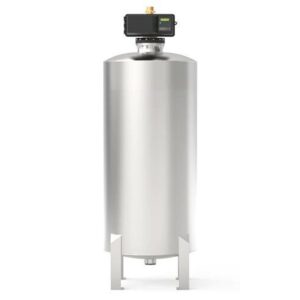

Reviews
There are no reviews yet.